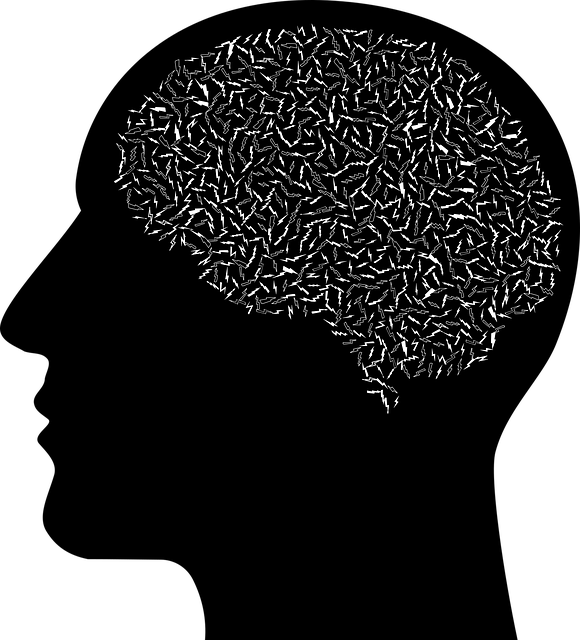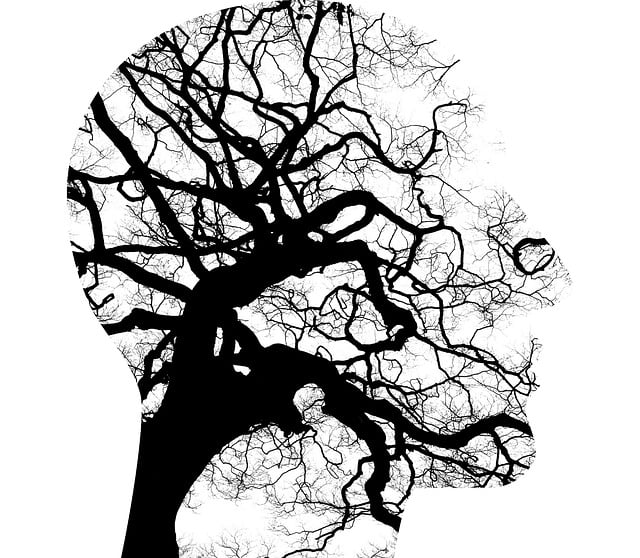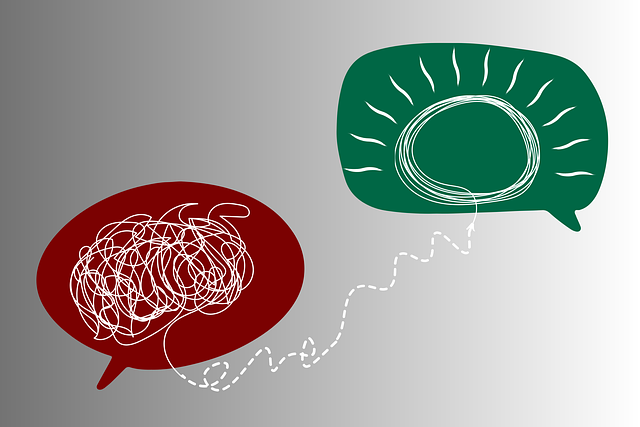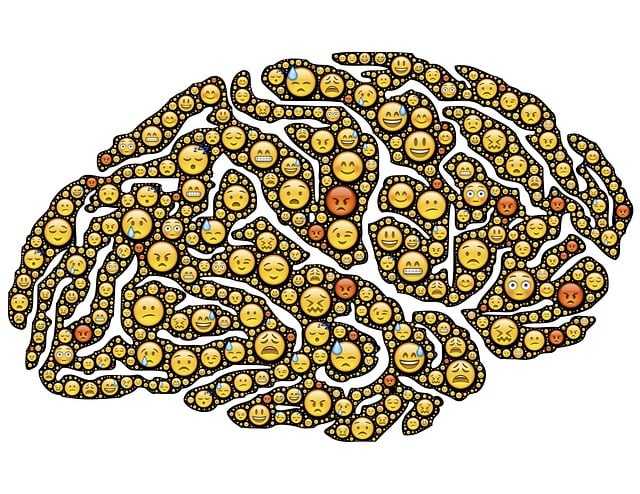In today's fast-paced world, mental wellness is crucial, leading to increased interest in programs like those offered by Northglenn Family Counseling Therapy (NFCT). NFCT provides effective coaching through a combination of empathy, stigma reduction, and evidence-based practices. Their tailored curricula focus on personal growth, self-care, conflict resolution, and crisis intervention, while emphasizing social skills training for stronger family relationships. The strategic approach includes goal setting, personalized interventions, regular assessments, and feedback refinement, resulting in improved mental health outcomes and community well-being through initiatives like Stress Management Workshops.
Mental wellness coaching programs have emerged as a crucial component in enhancing overall well-being. This article explores the development and impact of such initiatives, focusing on the successful integration at Northglenn Family Counseling Therapy. We delve into understanding the growing need for these programs, designing comprehensive curricula tailored to individual needs, and evaluating their effectiveness. By examining real-world examples, like Northglenn’s approach, we uncover strategies to foster resilient mental health practices in diverse communities.
- Understanding the Need for Mental Wellness Coaching Programs
- Designing Effective Coaching Curricula for Northglenn Family Counseling Therapy
- Implementing and Evaluating the Success of Coaching Interventions
Understanding the Need for Mental Wellness Coaching Programs

In today’s fast-paced and often stressful world, mental wellness is an increasingly important aspect of overall health. This need has prompted a growing interest in Mental Wellness Coaching Programs, such as those offered by Northglenn Family Counseling Therapy. These programs are designed to empower individuals with the skills and knowledge required to manage their mental health effectively. By focusing on personal growth, self-care, and resilience, coaching sessions aim to enhance an individual’s ability to navigate life’s challenges and promote overall well-being.
The development of Mental Wellness Coaching Programs goes beyond mere counseling. They incorporate strategies like empathy building, which fosters deeper connections and understanding between clients and coaches. Additionally, these programs often include components aimed at Mental Illness Stigma Reduction Efforts, breaking down barriers and promoting a more inclusive society. The design of such education programs should prioritize an environment where individuals feel safe to explore their mental health struggles openly, ultimately leading to improved access to care and better outcomes.
Designing Effective Coaching Curricula for Northglenn Family Counseling Therapy

At Northglenn Family Counseling Therapy, designing effective coaching curricula is an art that requires a deep understanding of human behavior and the diverse needs of individuals seeking support. The focus should be on creating structured yet flexible programs that cater to various mental wellness concerns. By integrating evidence-based practices and tailoring them to individual and familial dynamics, coaches can significantly impact positive change. One crucial aspect is incorporating skills training, such as conflict resolution techniques and crisis intervention guidance, enabling clients to handle challenging situations effectively.
Furthermore, social skills training plays a vital role in enhancing interpersonal relationships within families. These curricula should be meticulously crafted to provide a safe space for learning and growth, fostering an environment where participants feel empowered to make healthy choices and navigate life’s obstacles with resilience. Northglenn Family Counseling Therapy’s commitment to excellence ensures that their coaching programs remain dynamic and responsive to the evolving needs of those seeking mental wellness support.
Implementing and Evaluating the Success of Coaching Interventions

Implementing coaching interventions for mental wellness is a strategic approach that requires careful planning and evaluation. At Northglenn Family Counseling Therapy, we recognize the power of one-on-one coaching in promoting self-care practices and fostering emotional well-being. To ensure the success of these programs, a structured framework must be established. This includes setting clear goals, tailoring interventions to individual needs, and utilizing evidence-based techniques. Regular assessment tools can help track progress, allowing for adjustments as needed.
Evaluation is a vital component, measuring not only the impact on mental health but also the satisfaction of participants. By gathering feedback, we gain insights into what works best and where improvements can be made. This iterative process enables us to refine our coaching methods, ultimately enhancing the effectiveness of self-care practices within our community and beyond, such as through Stress Management Workshops Organization initiatives aimed at emotional well-being promotion techniques.
Mental wellness coaching programs, as demonstrated by Northglenn Family Counseling Therapy’s successful curriculum design, play a pivotal role in enhancing individuals’ mental health and overall well-being. By implementing evidence-based strategies, these programs offer accessible support, fostering resilience and personal growth. Continuous evaluation ensures their effectiveness, allowing for tailored interventions that cater to diverse needs. With dedicated resources and expert guidance, mental wellness coaching is poised to revolutionize access to care, promoting a healthier and more supportive society.














